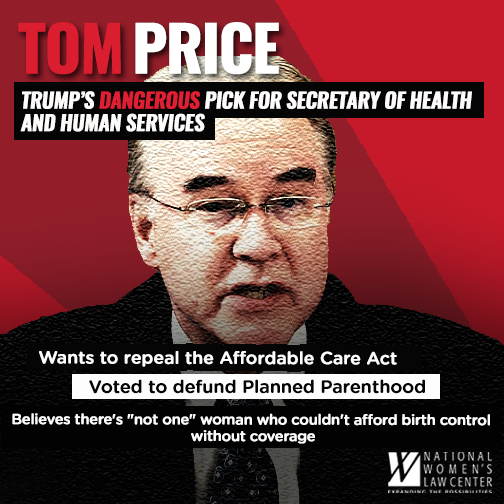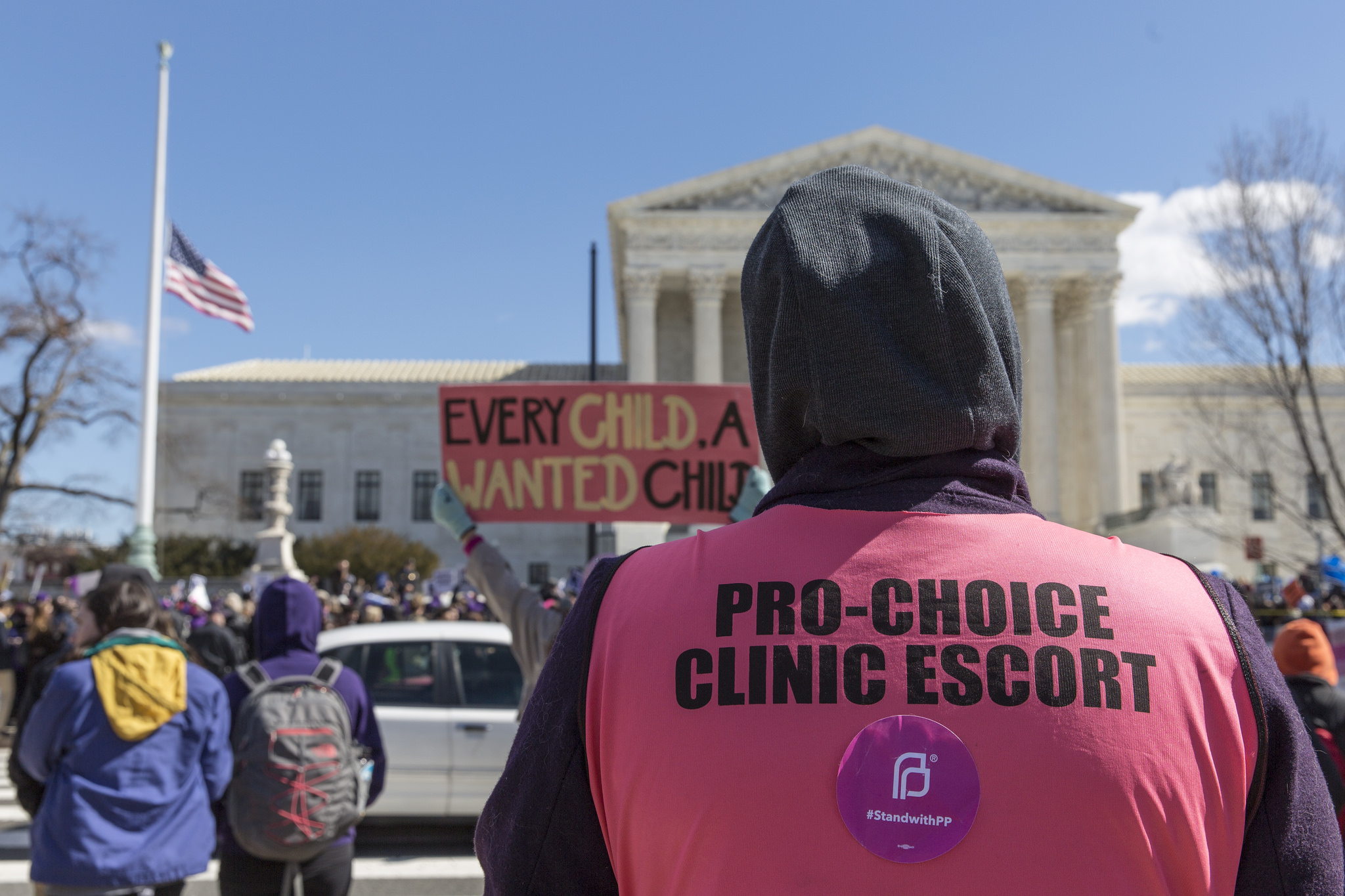Abortion rights, women of color, and LGBTQIA+ people are under attack. Pledge to join us in fighting for gender justice.
What Does the Supreme Court’s Overturning of Roe v. Wade Mean for My Birth Control?

We’re all still reeling from the Supreme Court’s decision in Dobbs v. Jackson Woman’s Health, which took away the guaranteed constitutional right to abortion. This is devastating for abortion access and is having immediate impacts: 15 states have already banned or made abortion inaccessible as of this blog’s posting. The decision has also inspired a lot of questions about what the future of contraceptive access will look like. What is most important to know is that the decision does not make contraception illegal. You still have a constitutional right to birth control.
But that doesn’t mean your right to birth control isn’t at risk. The decision laid out an argument for overturning Griswold v. Connecticut, the 1965 Supreme Court case that recognized the constitutional right to birth control. At the same time, birth control access is already at risk with attacks at the federal and state levels.
So it makes sense if your gut instinct is telling you to think about your contraception options. You might have some questions about how to figure out which birth control is right for you in this moment, and how to find it. Don’t worry—we’ve got answers.
Which Birth Control Is Right for Me?
If you’ve never taken birth control or you’re interested in switching to a different kind of birth control, you are not alone. In the United States, 33 to 44% of women will switch or discontinue using their chosen contraceptive method within 12 months. The good news is that you have so many options! The bad news is that you have so many options! It is normal to feel overwhelmed with the various options and figuring out how they meet your needs and preferences. You might want to think about their effectiveness at preventing pregnancy and/or STIs, how often you use them, and costs—whether you have insurance or don’t. For an in-depth, easily digestible look at the various forms of contraception, check out Power to Decide’s helpful explorer. If you’d like to compare methods, check out Bedsider’s comparison chart.
Accessing/Finding Birth Control
There are several ways to access the birth control method of your choice.
- Online retailers have grown in popularity over the past several years, especially when COVID was keeping a lot of us in our homes. Retailers like Nurx and Lemonaid, among others, offer a wide range of birth control options that will be mailed to you. (Note: not all options are available). Some retailers work with your insurance, some offer subscription services, and many offer free shipping costs. To find a delivery service that ships to your state, check out this helpful list here.
- Family planning clinics offer a range of contraceptive options and preventive health services at low or no cost depending on your financial circumstances. Family planning clinics in your area can be a great place to access a range of health care services, especially if you are currently uninsured, underinsured, or have limited access to a primary care provider or gynecologist.
- Pharmacies—If you’ve ever used birth control pills, patches, or rings, you probably know you can get them with a prescription at the pharmacy. But you may not know that in many states, your pharmacist could write that prescription for you so you don’t have to visit a doctor first. As of June 1, 2022, 17 states and the District of Columbia allow pharmacists to provide some contraceptive care. States that allow pharmacists to prescribe birth control may differ in the options available. For example, Colorado allows pharmacists to prescribe patches and pills, while pharmacists in Hawaii can prescribe pills, patches, or vaginal rings.
- Not every pharmacist will necessarily be licensed to prescribe birth control, so you should call the pharmacy ahead of time to make sure you go at a time you can get care.
- This tool provides a directory of pharmacies that self-reported offering birth control services. Check out a helpful factsheet for tips on navigating pharmacist-prescribed contraception.
- Health care providers—Many people access contraception and related services through their health care provider, such as a doctor, nurse, or midwife. If you’re interested in methods like an IUD or permanent sterilization, you will need to see a provider to perform the procedure. Other methods, like spermicide, pills, or the ring may be prescribed by your provider after you have talked with them about your health and preferences for contraception.
Navigating Insurance Coverage
Health insurance can be confusing, there’s no doubt about that. But when it comes to birth control, most insurance plans cover contraception without out-of-pocket costs, thanks to the Affordable Care Act (ACA).
Not every health plan is required to comply with the ACA, so it’s helpful to first know if it applies to your plan. Unless you are enrolled in Medicare, TRICARE, grandfathered plans, self-funded student health plans, or plans through an employer claiming a religious or moral exemption, you should have no-cost contraceptive coverage. That means you shouldn’t have to pay anything when you pick up your pills at the pharmacy, or when you have your IUD inserted by a provider, or when you get your vaginal ring from the family planning clinic. But we also know that some plans aren’t doing what they are supposed to do. If you find that your method of choice or related service is not covered the way it should be, you are not alone. Our CoverHer hotline is here for you! Through the hotline, we help people navigate why this may be happening and how to fix it. If you need help after getting charged for birth control, please contact us via CoverHer’s webform.
And if you are a beneficiary of a plan that doesn’t have to comply with the ACA requirement, this does not mean that you no longer have access to birth control. It only means that you may experience some out-of-pocket costs related to birth control and related services. Reviewing your plan benefit details can help you determine what your out-of-pocket costs may be, and help you determine what methods are best for your health and budget.
Okay…So What Now?
I know this may feel like A LOT, so it’s good to remember that:
- You’re never alone. There are many people ready to share helpful and accurate resources and information related to birth control.
- There are many sources for getting the birth control you need, and
- You should never feel ashamed about making personal health care decisions.
These are alarming times, and we are watching our rights being eroded before our eyes. While contraception will never be the solution to losing abortion access, we know how important it is to have the right to contraception. And we know how important it is to find—and use—the contraception that is right for us. Because everyone should have access to the contraception they need, when they need it, without barriers.





